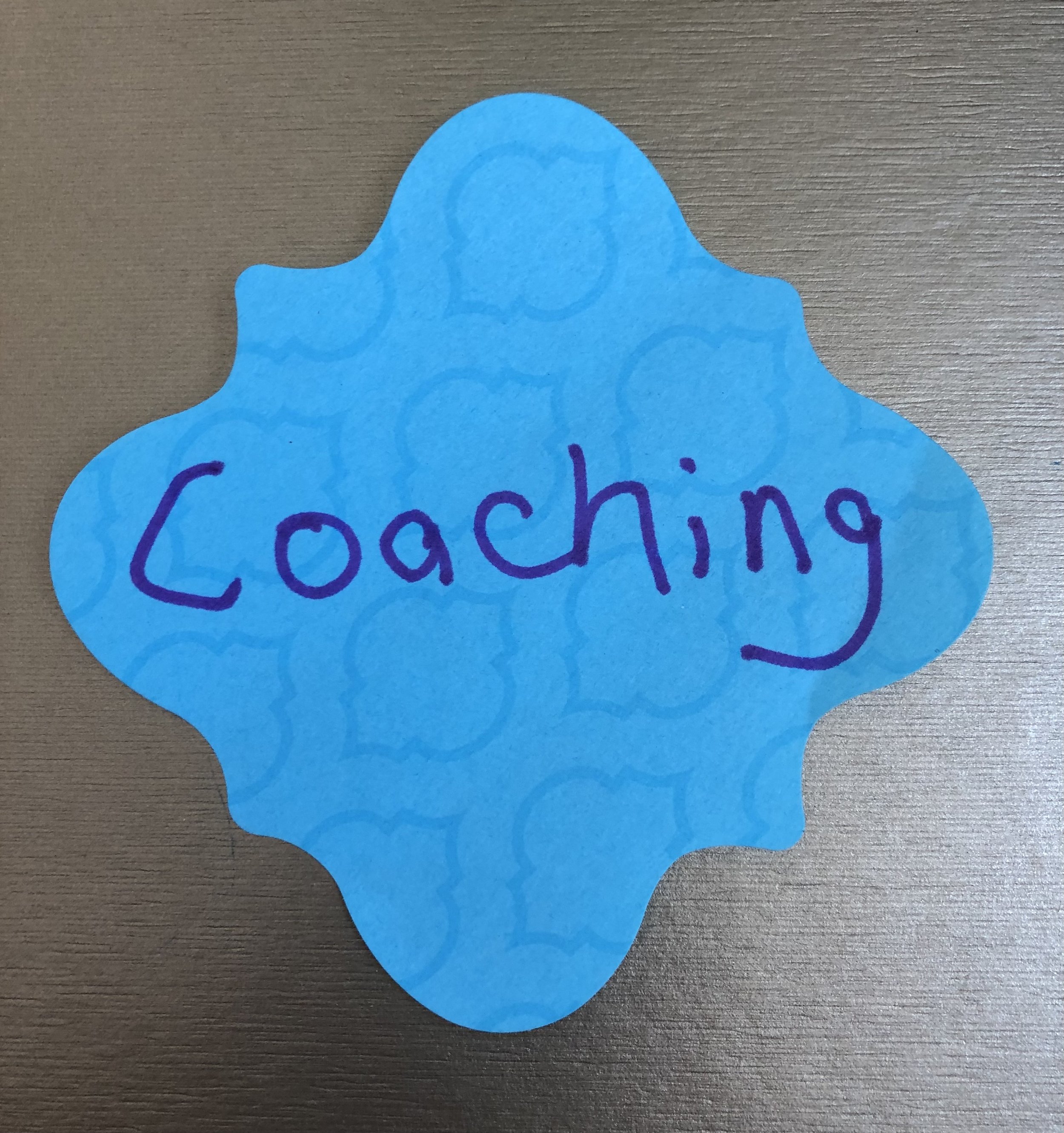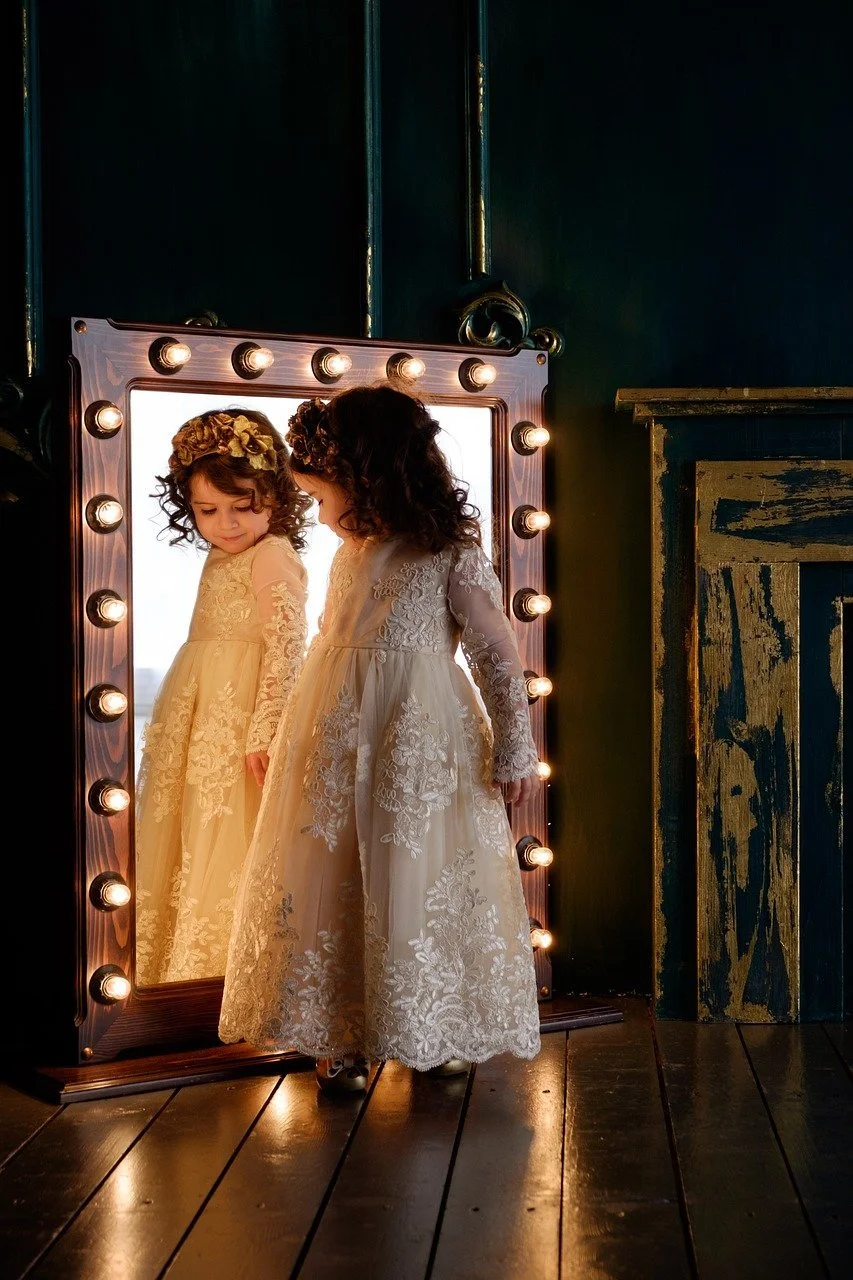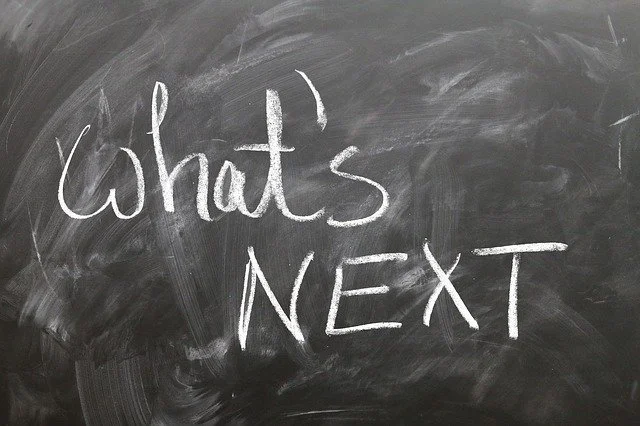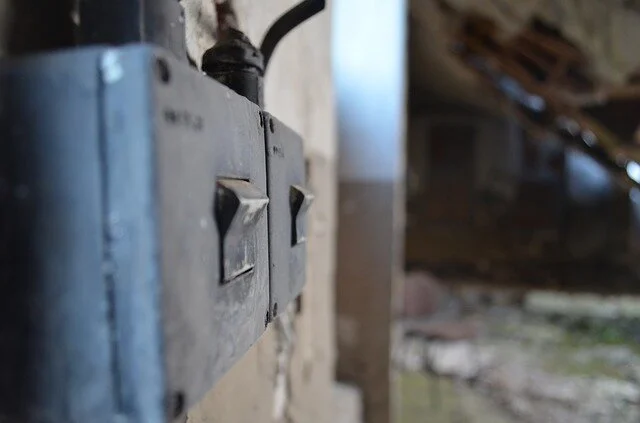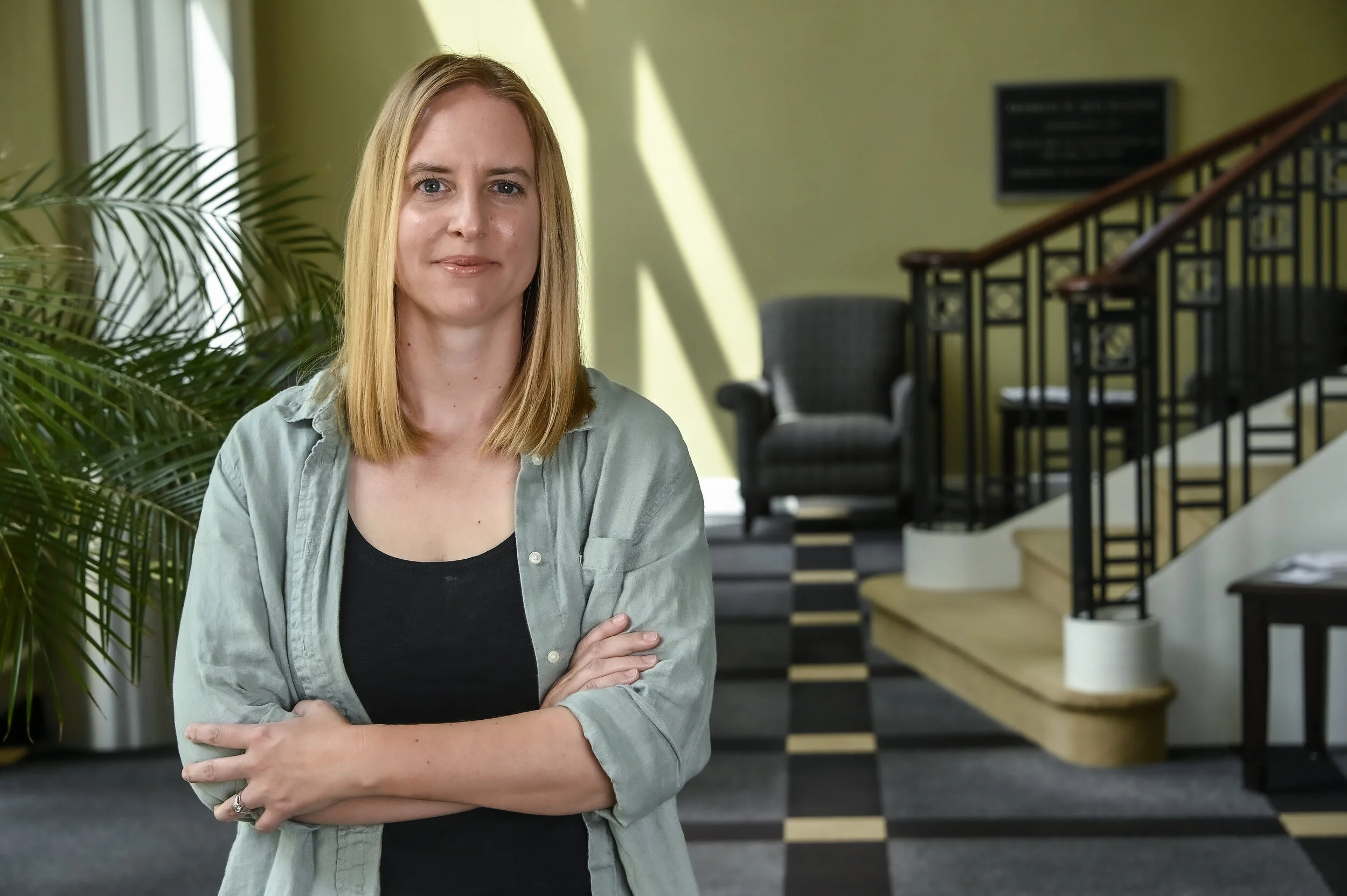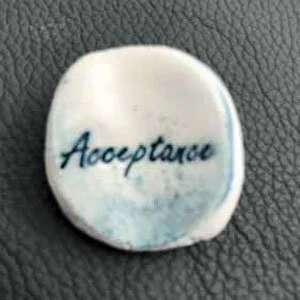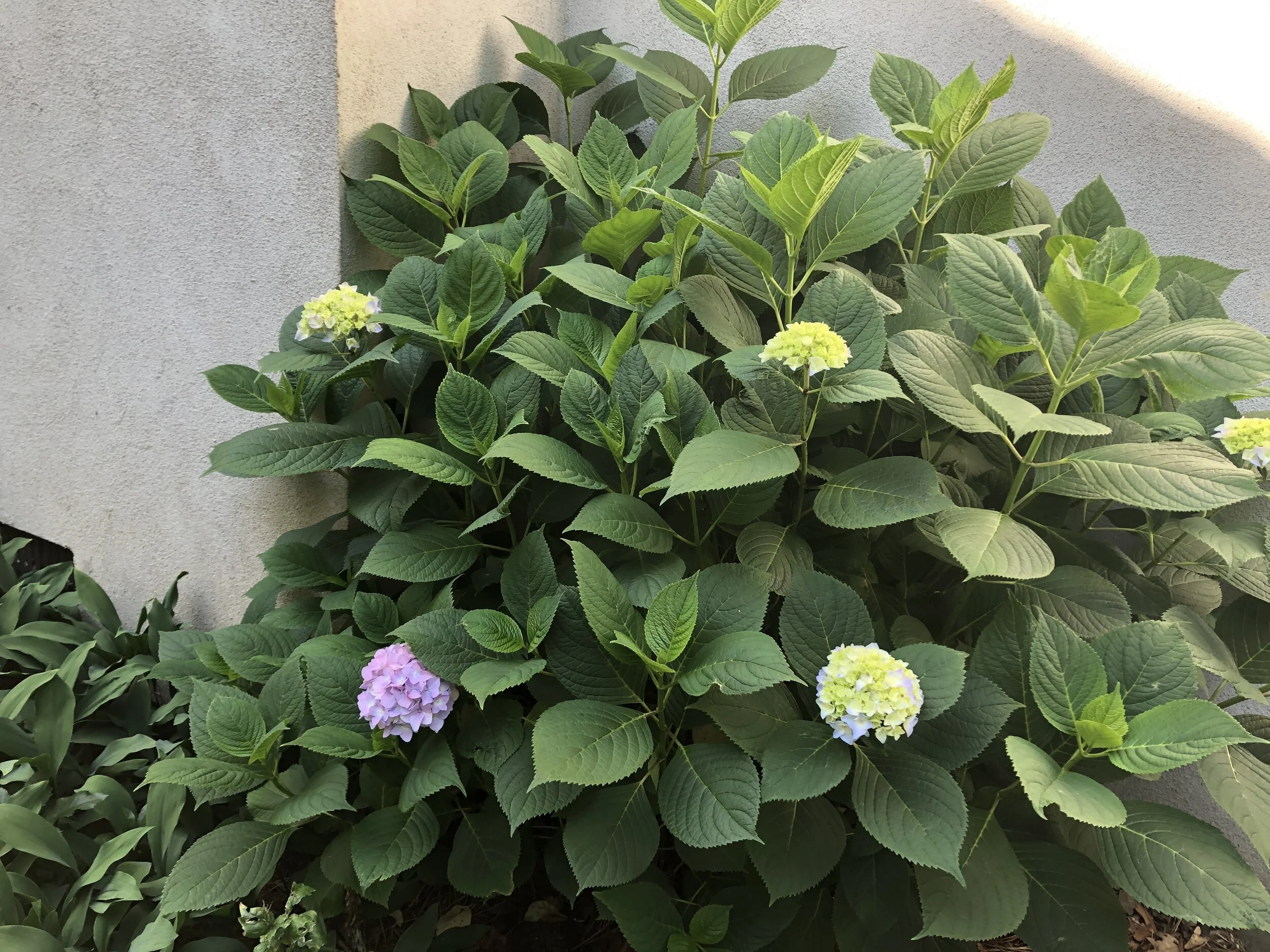Last month I wrote about why it can be so hard for human beings to make change. Even if we are deeply unhappy with some aspects of our lives, we often resist making change and stumble and backslide when we do try to change. This month, I want to look more closely at some effective strategies for making major life changes. The key to many life changes is changing our behaviors, and changing behaviors is about changing habits.
Why Change is Hard
But no matter how worthy our intentions, it is easy for us to lose sight of them and slip back into old habits. One of the first things I learned in coaching training is that human beings have a deep and often subconscious resistance to change, even to the change that we KNOW we want for ourselves. As psychologist James O. Prochaska writes, “However healthy change may be, it threatens our security, and sometimes even self-defeating security feels better than none.”
My 2022 In Books
From the moment I learned to decipher the words on the pages of books, I’ve been a voracious reader. I read everything I could get my hands on including the newspaper, my mother’s magazines, the backs of cereal boxes, and books with themes that were far too adult that I found at my grandmother’s house.
Writing a Third Chapter for Your Life
Clients often come to me for support in deciding when and how to navigate retirement. It’s a life stage that sociologist Sarah Lawrence-Lightfoot has called the third chapter of life. These clients are ready—or nearly ready—to retire from their main careers, but they have concerns.
The Temptation to Fix Things or What Not to Give to the Folks Around You This Holiday Season
One of the biggest challenges for me as a coach is to resist the temptation to tell clients how they can fix things. Often a client will outline a dilemma or a problem, and my first impulse is to scroll through the list of possible solutions in my brain and say, “You can fix that by doing _________________.”
In this season of giving, I’ve been thinking about this business of fixing things for others and chronic advice giving. I’ve concluded that advice should not be on my gift list.
Managing Your Inner Critic
In the past month, here are some of the things clients have said to me. An accomplished professional with two advanced degrees said, “I wish I was as capable as everyone around me thinks I am.” A gifted writer who crafts elegant and moving sentences said, “I don’t think I’m a good enough writer to write this book.” A leader with over a decade in her role and a track record of generating positive change in a hidebound organization said, “I don’t think I have the skills or experience to apply for that job.”
Comfort Zones, Learning Zones
I’ve been thinking a lot lately about comfort zones.
The pandemic forced most of us to stay in our comfort zones a good part of the time. We weren’t visiting new places, meeting new people, or taking on new challenges to the same degree as before. But as I talk with clients and friends and loved ones, I keep hearing things like, “I don’t think I want to leave my Covid bubble. I’m going to stay in my comfort zone.” As we feel our way into living with a new endemic disease, some people are finding themselves reluctant to break out of their comfort zones at all. I get that, but I worry that this path could be dangerous for our long-term well-being.
Rest is a Productive Act
Abandoning Good Habits
It’s astonishing how quickly you can abandon a good habit.
I spent the fall and winter building one small but important habit: lifting free weights for 10-15 minutes, three or four times a week. I want to be a healthy person, and I know that as I age, my risk of developing osteoporosis increases. Plus I don’t want to develop too much floppy flesh under my arms. Some moderate weight training can help prevent (or at least delay) both those developments.
Aligning Your Life With Your Values
Too often, when we are feeling frustrated, stuck, burned out, or unhappy, it grows out of a fundamental misalignment between our values and the way we spend our days. That’s why I spend a lot of time helping clients identify their values and then better align the ways they live and work with those values. It sounds simple, but it actually requires a lot of thought and mindfulness.
What Coaches Do
A couple of weeks ago, I was at a social event (remember those?) A friend was introducing me to someone I didn’t know, and he said, “This is Melissa Walker. She is a life coach, and she helps people find jobs.”
“Well, not exactly,” I said. What followed was a conversation that provided a good opportunity to shatter some misconceptions about coaching.
Identity
I often work with clients facing major life transitions, and many of them say something along the lines of “I don’t know who I’ll be when I’m not doing this job any more.” They have gotten me thinking about a lot about identity and about how our occupation sometimes becomes completely synonymous entangled with our sense of who we are.
What Does a Happy and Healthy Me Look Like?
The first week of the year is always a busy one for me. Lots of folks decide to make some kind of shift in their lives at the start of a new year, and some of them reach out for coaching support. This year, I’ve been struck by how many of the folks who have scheduled appointments are engaged in a deep rethinking of their lives and careers. This sense that so many people want to make major shifts in the way they organize their lives and their careers is much more pronounced than in past years.
Don't Look Too Far Ahead
In yoga, you learn not to look too far ahead. With regular practice, you learn that some poses typically follow others in a predictable sequence. A forward fold is often the first move in a sun salutation: a halfway lift followed by a plank followed by a cobra followed by a downward dog. A series of poses that work the core often prepare the body for some kind of inversion. One of the human brain’s unique design features is its ability to recognize patterns so that we can quickly predict what is most likely to happen next. So as we practice yoga, our brains often leap ahead to predict the next pose.
Shaking Off My Sensibleness
Shedding a Little Light
Last week, my husband and I had a handyman in to take care of a few small household repairs that had accumulated. One of the tasks on the list was to repair the loose bottom step in our unfinished basement. My husband led him down the stairs, stopping halfway down to switch on the light. The handyman said, “You know, I can move that switch to the top of the stairs for you.” And he did. In less than half an hour, he had moved the light switch.
Quitting the Right Thing at the Right Time
In the past few months, I’ve had several conversations with clients about quitting—quitting jobs, volunteer roles, draining relationships. Quitting is a word with many meanings. Among the definitions in the Merriam-Webster online dictionary are
· To give up employment;
· To cease normal, expected, or necessary action;
· To depart from or leave the company of;
· To admit defeat.
Empowered for the Next Season of Life
This month, I interviewed client Courtney Dorroll, an associate professor of Middle Eastern and North African Studies and Religion at Wofford College. I met Courtney at a women’s leadership conference that I helped organize a few summers ago, and she had been following my newsletter for some time, so I was delighted when she reached out for coaching. Working with Courtney was a delight because she approached the entire process with a growth mindset, deep enthusiasm, and contagious energy. I particularly came to appreciate the power of her self-care approach to teaching in a pandemic year that battered students and faculty alike.
Acceptance or Resignation?
A few weeks ago, a client asked me, “What is the difference between acceptance and resignation?
We hear a lot about the importance of acceptance for people who are facing hard situations—a diagnosis, a loss, or some other painful situation that is outside their own control. But my client pinpointed something important: there can be a fine line between acceptance, a healthy response which can help us move on with our lives, and resignation, a mental state that can lead us to become psychologically stuck.
So You Think You Know How the Story Ends?
My hydrangeas are blooming beautifully. As I’ve enjoyed them, I’ve been thinking about how I should never assume that I know how the story will end.
Hydrangeas are my favorite flower, especially the big Nikko blues, and each year I look forward to hydrangea season. I love to cut big bouquets for my house.
This year, I was convinced I would have no hydrangeas.












